Introduction:
Social Media for Lawyers
Social Media for Lawyers is not taken seriously by many lawyers. They see pictures of food and family trips. But social media is a powerful tool for your law firm. It can help you find new clients. It can help you build trust in your community. It can make your law practice stronger.
This guide is for lawyers who are busy. It uses simple words and clear steps. You will learn how to use social media well. You do not need to be a tech expert. You Definitely need a plan.
Why Should Lawyers Use Social Media?
The main reason is connection. People use social media every day. They look for services there. This includes legal services. When someone needs a lawyer, they often search online first. Your social media profile might be the first thing they see .Social media marketing for lawyers is about being visible. It is about showing you are an expert. It helps with online presence for law firms. A good presence makes people feel they know you. This builds comfort before they ever call your office.
Another big reason is client engagement. You can talk to people Example. You can answer general questions. This shows you care about helping. It is different from a big advertisement. It feels more personal and honest.
Using social media also helps your website. When you share a link to your website, it can help your search engine optimization. This means your website might show up higher on Google. More people will find you online.
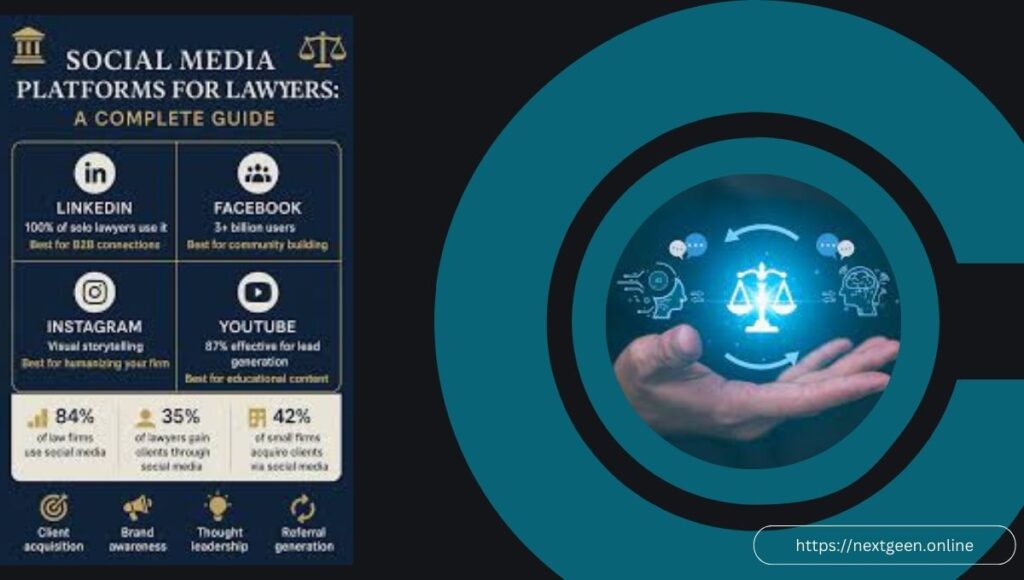
Choosing the Right Social Media Platforms:
You do not need to be on every social media site if you use Social Media for Lawyers That would take too much time. It is better to choose one or two platforms. Focus your energy where your potential clients are. Here is a look at the best platforms for lawyers.
LinkedIn for Lawyers:
LinkedIn is a professional network. It is like a big online meeting for business people. This is a great place for professional networking for attorneys.
You can connect with other lawyers. You can also connect with business owners. These people might need your help one day. Share content about business law. Talk about legal issues for companies. Write short articles about your area of law. This shows your deep knowledge.
Facebook for Lawyers:
Facebook Operates on many people. It is good for reaching people in your town or city. You can create a Facebook Business Page for your law firm.
Share news about your community. Post about recent cases you have won (without private details). Explain legal terms in simple language. Facebook is also good for brand building for attorneys. You can show the human side of your firm. Post photos from a local event you sponsored.
Instagram and X (Twitter):
Instagram is about pictures and short videos. It is good for personal injury lawyers or family law. You can share infographics. These are pictures that explain legal facts. X (Twitter) is very fast. It is good for short comments on legal news. It helps you join public conversations.

Setting Goals for Your Social Media:
Before you start posting, think about your goals. What do you want to achieve? Your goal should be clear.Do you want more phone calls from new clients? Do you want to is famous for as the best divorce lawyer in your city? Do you want to inform people about their legal rights?
A clear goal helps you decide what to post. If you want more clients, your posts should explain how you solve problems. If you want to be an expert, your posts should teach people about the law.
A Simple Social Media Plan:
A plan makes social media easier. You do not have to think every day about what to post. (Social Media for Lawyers)
1. Consistency is Key: Try to post a few times each week. It is better to post twice a week every week than to post ten times in one day and then stop for a month. Regular posting keeps your firm in people’s minds.
2. Quality Over Quantity: Your posts should be helpful. Do not post Only to post. Ask yourself: “Does this help my audience?” A good post answers a common question. It gives useful information.
3. Create a Content Calendar: This is a schedule for your posts. Plan your topics for the next month. For example, in April, a family lawyer might plan posts about child custody in summer. A business lawyer might plan posts about taxes. This saves time and stress.
Creating Content That Connects:
The content you share is the heart of your social media. Good content does three things. It educates, it engages, and it builds trust.
Educational Content: Teach people about the law. Explain a legal process. For example, if you are a personal injury lawyer, explain the steps of an insurance claim. Use simple words. Avoid complex legal language. This type of content is very valuable. It helps people when they Show It shows you are a helpful expert.
Engaging Content: Ask your audience questions. Run a simple poll. For example, “Do you have a will?” or “Is your business protected?” This encourages people to interact with your page. When people comment, always reply. This shows you are listening. Trust-Building Content: Share client testimonials (with permission). Post about awards your firm has won. Share articles where you shared our insights with in as an expert. This is social proof. It shows others that you are a qualified and respected lawyer.
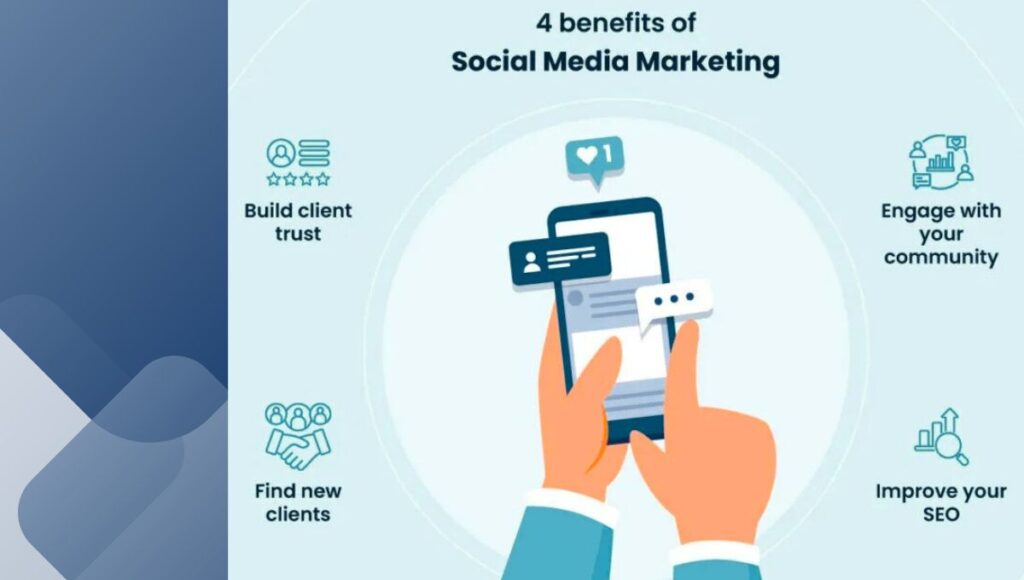
The Power of Video Content;
Video is very powerful on social media. People watch videos more than they read long text. You do not need a fancy camera. Your phone is good enough. (Social Media for Lawyers)
Short Informational Videos: Make a one-minute video answering a common question. “What is the first thing I should do after a car accident?” Speak straight forward to the camera. Be calm and confident. This lets people see your face and hear your voice. It builds a personal connection faster than text.
Office Tours: A short video showing your office can be helpful. It makes your firm feel more real and approachable. People know what to expect when they visit.
Understanding Legal Advertising Rules:
Lawyers must follow special rules. These are rules for legal ethics and social media. You cannot promise specific results. You cannot claim you are the “best” lawyer unless you can prove it. Always be honest and accurate.
When you talk about past cases, do not share confidential information. It is good to say, “We secured a great settlement for a client.” It is not good to share the client’s name or private details. Be careful with friend requests. If you partnered with to a judge on a case, it might be a problem. Know the rules from your state bar association. When in doubt, be careful.
Growing Your Audience:
You have a profile. You are posting good content. How do you get more people to see it?
Use Local Keywords: Use words that include your city and your practice area. For example, “Chicago family lawyer” or “Miami car accident attorney.” This helps people in your area find you. These are your local SEO keywords.
Join Local Groups: On Facebook, join community groups. Do not A quick advertise. Answer questions when people ask for legal advice. Give helpful general information. Then, they may visit your profile and become a client. Engage with Others: Comment on posts from local businesses or news pages. Be a positive part of the online community. This gets your name seen by more people. (Social Media for Lawyers)
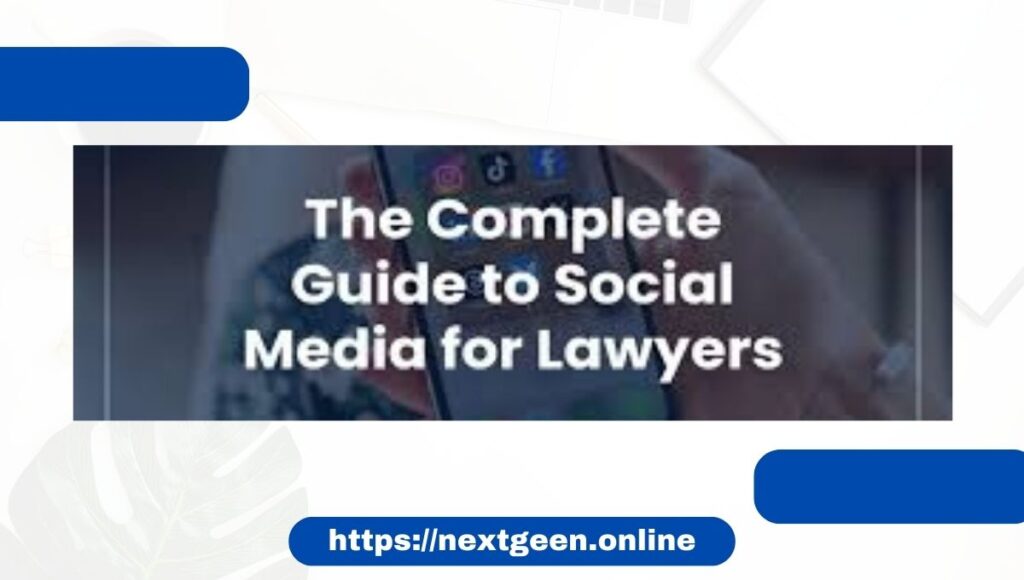
Measuring Your Success;
How do you know if your social media is working? You need to look at the numbers. This is dubbed analytics. Most social media platforms have free tools. They show you how many people saw your post. They show how many people clicked on your website link. You can see which posts are most popular.
Check these numbers once a month. See what works. If how-to videos get many views, make more videos. If a certain topic gets many questions, write more about it. Use this data to improve your plan.
Building a Long-Term Strategy:
Social media is not a quick fix. It is about building relationships over time. Think of it as a long-term investment in your firm’s reputation.(Social Media for Lawyers)
Your Personal Brand vs. Your Firm Brand: You have a choice. You can focus on your own name as a lawyer. Or you can focus on your firm’s name. Both can work. A strong personal brand for lawyers is powerful. People often hire a person, not quick a firm. They want to connect with the lawyer who will help them. Your personal profile can feel more genuine.
Sharing Stories (Revamp): Stories create connection. You can share a story about why you became a lawyer. You can talk about a case that was very meaningful to you. Do not share client secrets. But you can share your passion for justice. This makes you more than A quick a service. It makes you a person with a mission. (Social Media for Lawyers)
Paid Social Media Advertising:
Organic reach is when people see your posts for free. But sometimes, you can pay to reach more people. This we call this social media advertising for law firms. You can set a small budget. You can show your ads only to people in your city. You can target people who researching in “divorce” or “DUI lawyer.” This is very effective. You pay to put your message in front of the right people.(Social Media for Lawyers)
A good first ad is to promote a helpful blog post on your website. When people click to read it, they learn about your expertise. They are more likely to contact you later. (Social Media for Lawyers)
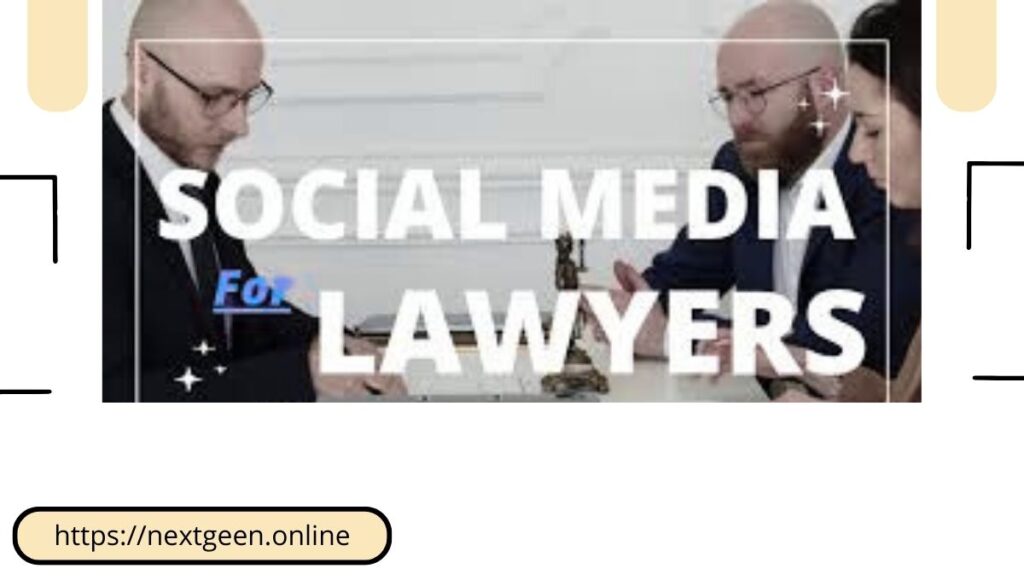
Managing Your Online Reputation:
Social media is also about listening. What are people saying about your firm? You can set up a Google Alert for your law firm’s name. This sends you an email when your firm was acknowledged online. (Social Media for Lawyers)
If someone leaves a positive review on your Facebook page, thank them. If someone leaves a negative comment, handle it with care(Social Media for Lawyers). Do not argue online. Reply Applauded. Ask them to send you a private message or call you to discuss their concerns. This shows everyone that you handle problems minimal and nominal.
Staying Safe and Ethical:
We talked about ethics before. It is so important it deserves another mention. The rules for legal marketing ethics are strict. Confidentiality is everything. Never talk about a client’s case online. Even small details can be a problem. (Social Media for Lawyers)
Do Not Give Legal Advice Online: This is a big rule. You can give general information. You cannot give specific advice to a person in a comment. Why? Because you do not have all the facts. You have not was selecte as their lawyer. It can create a bad situation. Instead, say: “That’s a difficult situation. The law can be complex in these cases. “You should talk to a lawyer about your problem. They can tell you what to do.”
This protects you and the person asking. It also leads to a new client. (Social Media for Lawyers)
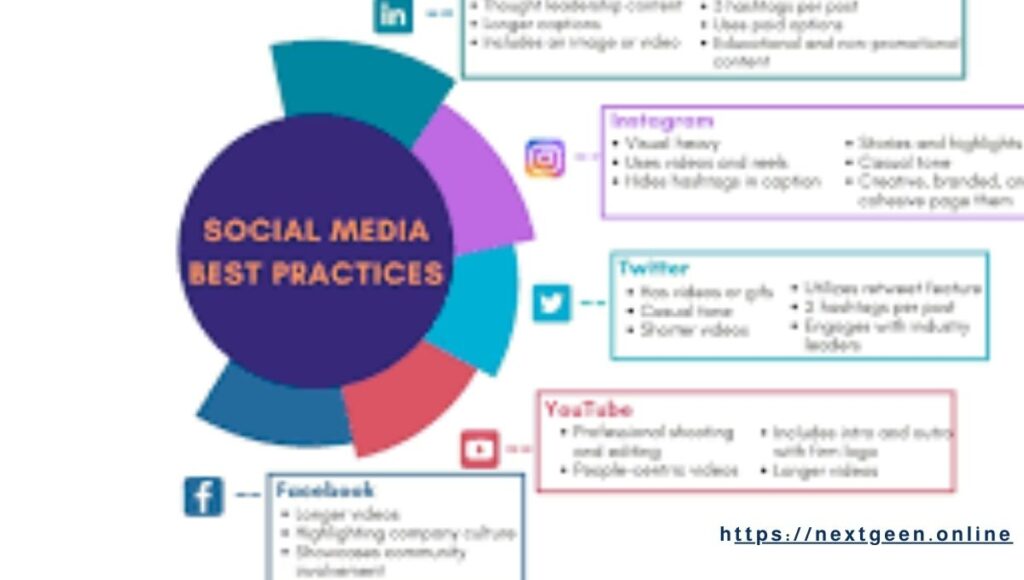
Getting Help with Social Media:
You are a lawyer(Social Media for Lawyers). Your job is to practice law. Social media might feel like a second job. It is okay to get help. You can hire a social media manager. This person can post for you. They can answer basic questions. But you should still collaborate on. You are the expert. You should approve the content. You should handle any complex legal questions yourself.
Some tools can help you save time. Scheduling tools let you write all your posts for the week at once. Then the tool posts them autonomousl on the right days. This is a great way to stay consistent.
Your Next Steps:
Start small. Do not try to do everything at once.
Choose one platform. LinkedIn or Facebook is a good start.
Set up your profile completely. Add a professional photo. Write a simple bio.
Create a content calendar for the next four weeks.
Plan to post two times per week.
Spend 10 minutes each day checking for comments and messages.
After one month, look at your analytics. See what worked. Adjust your plan for the next month. Over time, you will see your online presence grow. You will see more people engaging with your firm. And you will see new clients finding you through social media. (Social Media for Lawyers)
FAQ Section:
How much time should I spend on social media each week?
Start with 30 minutes to one hour per week. This is enough to plan a few posts and reply to comments. You can always spend more time later if you see good results.
What are the biggest mistakes lawyers make on social media?
The biggest mistake is being too formal or boring. Another mistake is not being consistent. The third mistake is ignoring comments and messages. People expect a response.
Can I get clients from social media?
Yes, without a doubt. It may not happen in the first week. But over months, you can get good clients. They come because they already know and trust you from your posts. This makes the first meeting much easier.
What if I make a mistake on social media?
Everyone makes mistakes. If you post wrong information, delete the post. You can write a new post with the correct information. Be honest. Say you made a mistake. This actually builds more trust. It shows you are human and you care about being accurate. For ethics mistakes, contact your state bar association for guidance.
Is social media good for all types of lawyers?
Lawyers can demonstrate their expertise and establish credibility on social media. While estate planning attorneys use Facebook to engage with families through straightforward, compassionate content, corporate attorneys use LinkedIn to share business insights. Lawyers make law more approachable and personal by selecting the appropriate message and platform. Nowadays, social media plays a significant role in contemporary legal practice.Social media helps lawyers build trust and demonstrate their expertise. Corporate lawyers use LinkedIn to share business insights. Estate planning lawyers use Facebook to connect with families through simple, caring content. By selecting the right platform and message, lawyers make law more personal and approachable. Social media has become an essential part of modern legal practice.


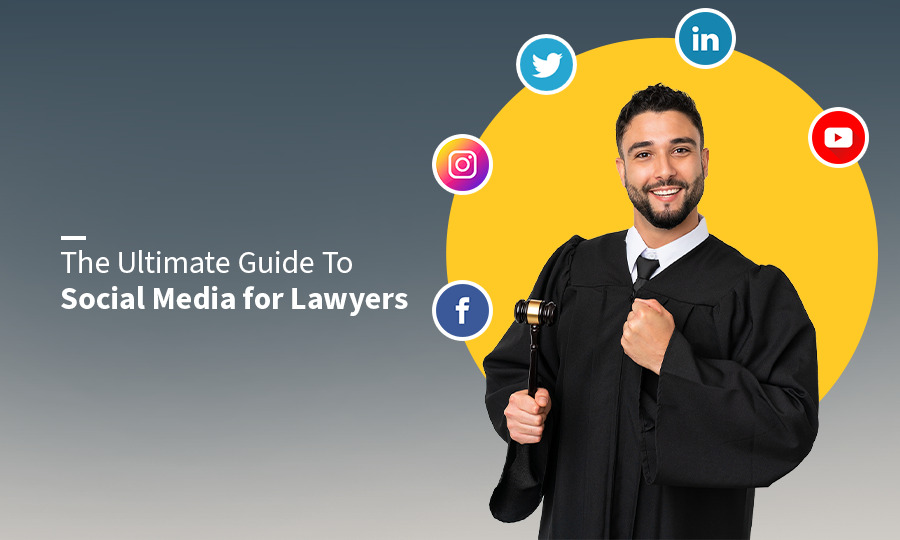

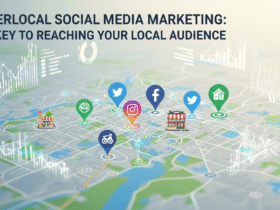



Leave a Reply